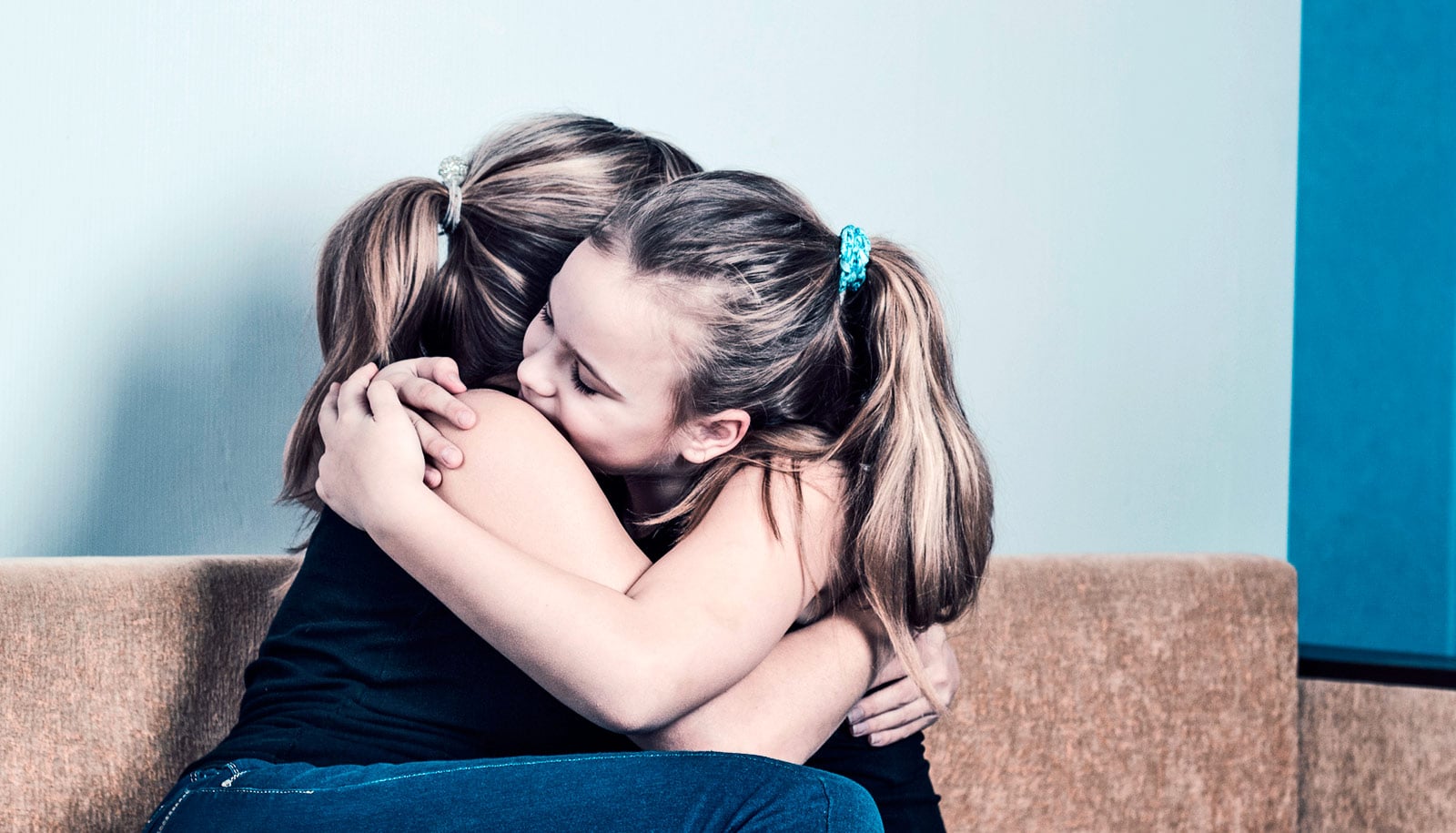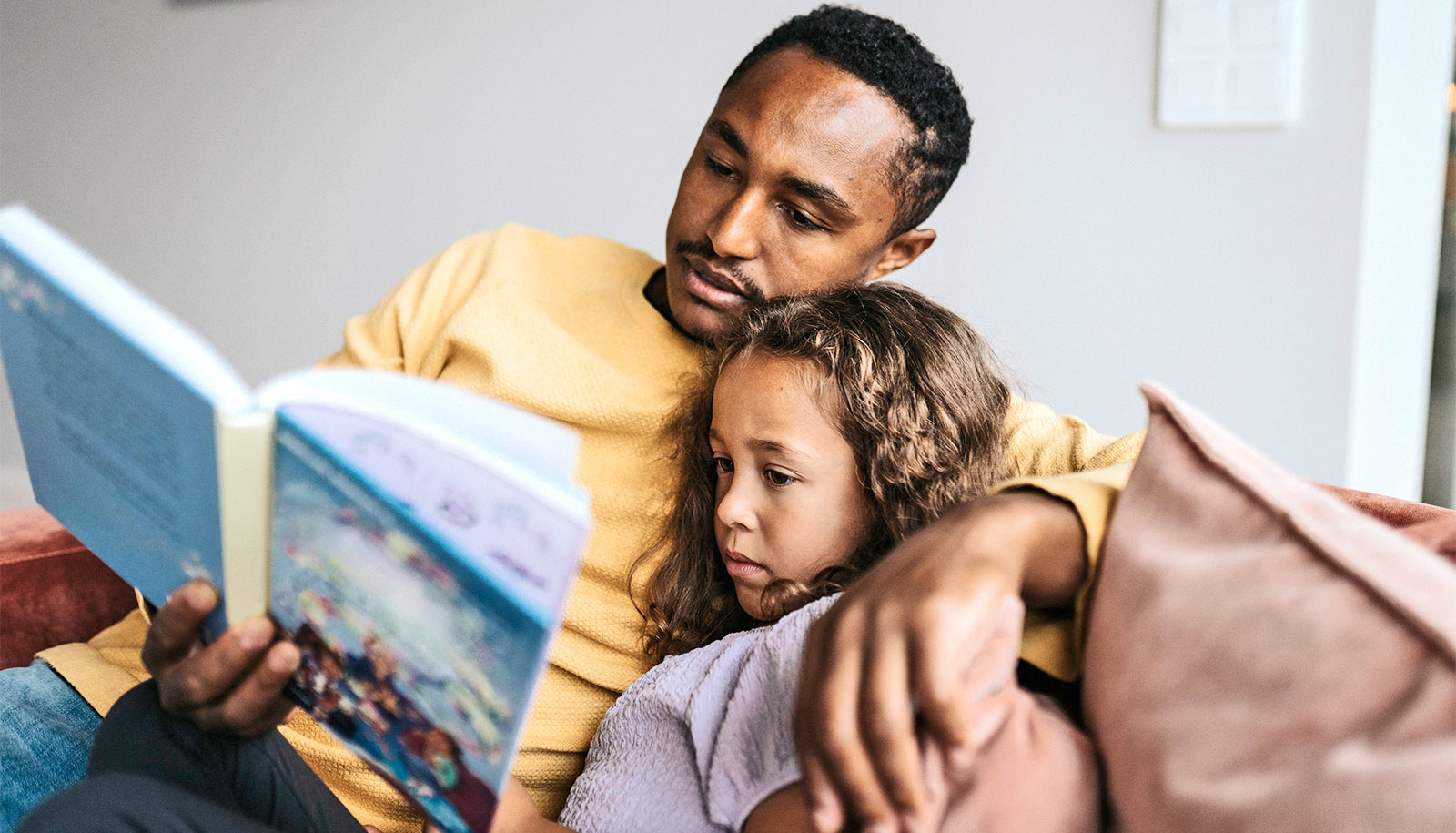Feeling guilty can play an important role in children’s development, but children respond negatively when mothers use guilt as a parenting tool indiscriminately, new research suggests.
The researchers asked 156 children ages 8 to 17 to evaluate hypothetical stories depicting mothers’ behaviors in reaction to their children’s misdeeds.
Kids, the study found, were most accepting of parents using guilt when their actions affected the welfare and rights of others, and when it focused on the harm to the actual victim, without criticizing them as a person.
If children thought the hypothetical mom focused on how the child’s action hurt her or her feelings, if the mom brought issues into the equation that the child considered personal or private, or if she criticized her child instead of the actual behavior, guilt and shame increased, thus rendering the practice harmful and ineffective.
“Save your guilt induction for situations in which the child’s behavior really hurts other people.”
“Kids didn’t find it less acceptable, but they felt much worse about themselves when parents criticized them as people,” says lead author Wendy Rote, an assistant professor of psychology at the University of South Florida in St. Petersburg.
But it’s not just the context that matters. The age of the child does, too. The older the child, the less likely he was to respond positively to the hypothetical mother’s attempt at guilting her child.
The concept of guilt remains controversial among researchers, explains Judith Smetana, a professor of psychology at the University of Rochester. Basically, there are two diametrically different research literatures on guilt. The parenting literature generally describes it as a negative practice.
“Guilt is seen as psychologically controlling, intrusive, and negative for children’s development,” says Smetana. However, the moral development literature sees guilt “as a positive parenting practice and a good way to help children internalize their parents’ moral values.”
So, what’s a parent to do: to guilt or not to guilt?
It depends, says Rote.
“Save your guilt induction for situations in which the child’s behavior really hurts other people. And when and if you do induce guilt, do it mainly in ways that only criticize the child’s behavior, not the child as a person,” she says.
The study appears in the journal Developmental Psychology.
Source: University of Rochester



